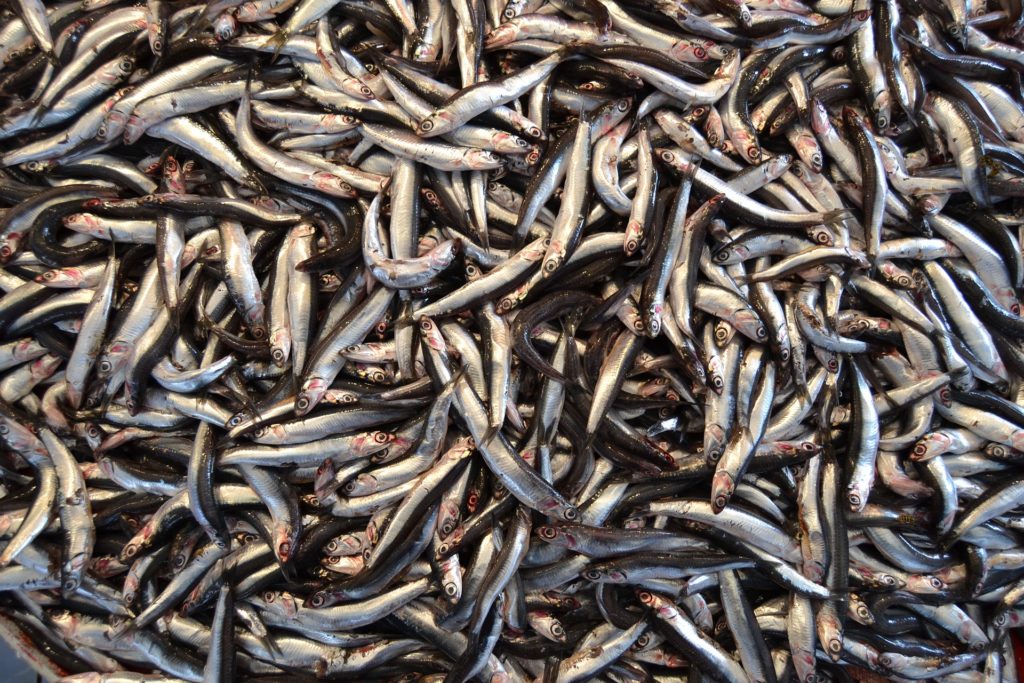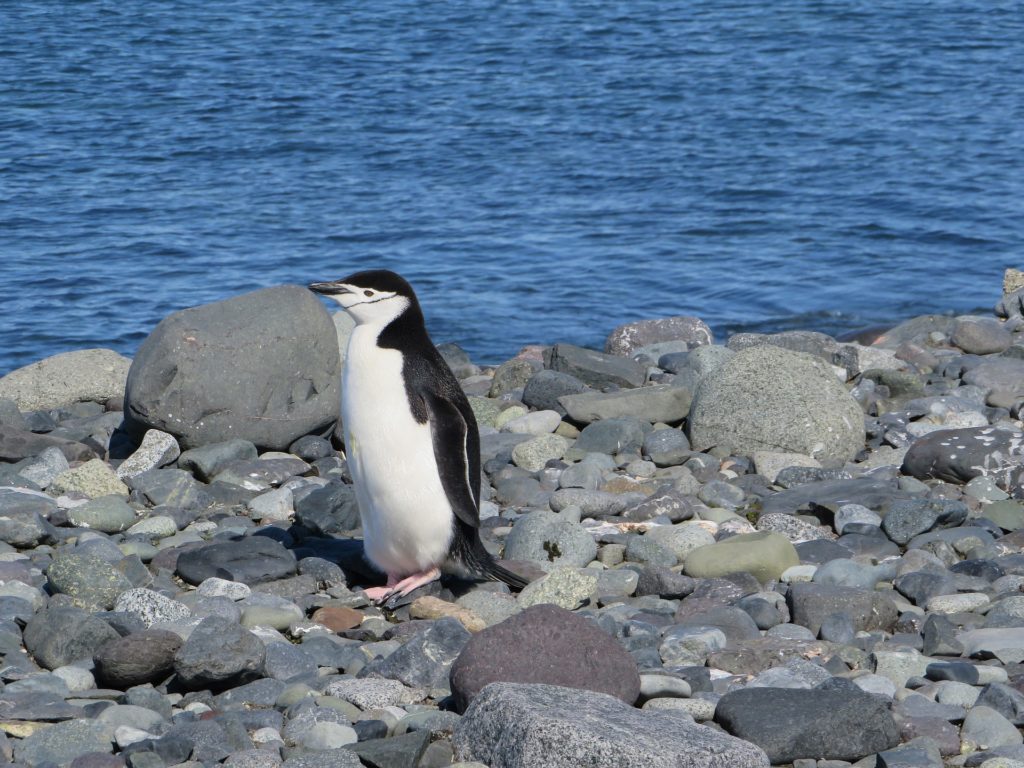|
|
Some research has shown that the human body needs omega-3 fatty acids for a variety of functions. Omega-3s may benefit eye, skin, brain, and heart health and reduce inflammation. Other studies, however, have found no link between intake of omega-3s and improved health.
Despite the conflicting evidence about the potential benefits, omega-3 supplements—typically pills containing fish or krill oil—are popular among health-conscious consumers.

The Hidden Cost of Fish Oil
So what’s wrong with fish oil? What about krill oil? Taking capsules with these oils won’t necessarily harm your health, but the industry behind them poses serious problems for the environment. Most fish oil comes from anchovies and other small species of fish known as “forage fish.” Such fish and krill are crucial for healthy ocean ecosystems. Despite this, every year over 20 million tons of these animals are captured, mostly for their oil or to be used as fertilizer or feed for farmed fish and other farmed animals.
A recent article in the Guardian states that the anchovy fishery in Peru—the world’s largest—has been catching too many juvenile fish, misreporting catches, and engaging in other practices that put the area at risk of overfishing and ecosystem collapse. According to the article, this occurs despite fishery regulations. In one case, 80 fishers were threatened with dismissal for refusing to catch juvenile fish.
As the numbers of anchovies and krill dwindle, so could the populations of other marine animals, such as whales, seals, and sea birds. Krill fishing has already reportedly badly affected penguins, including causing population decline for certain species.
Overfishing could even have an impact on atmospheric carbon levels. One study found that Antarctic krill can remove up to 12 billion metric tons of carbon from the atmosphere. Krill are also vital in contributing iron and other nutrients that fertilize the ocean.

What You Can Do
One of the best things we can do for the planet is to choose not to consume fish and other aquatic animals. Still want to make sure you’re getting your omega-3s? Don’t worry! Many plant-based foods and supplements are high in omega-3s. Here are a few:
Supplements
Food Sources of Omega-3s
- Brussels Sprouts
- Flax Seeds
- Walnuts
- Chia Seeds
- Hemp Seeds